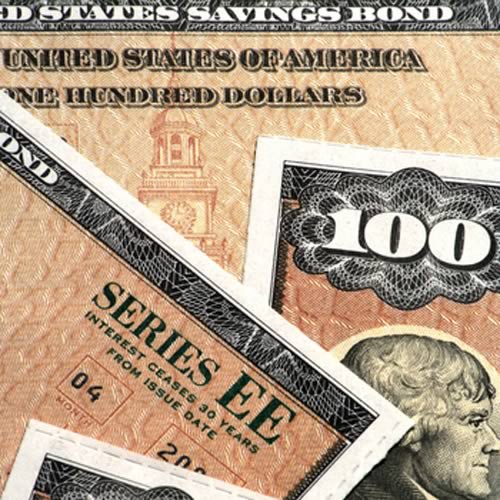
By:
bloomberg.com
Nassim Taleb, author of “The Black Swan,” said the “first thing” investors should avoid is U.S. Treasuries and the second is the dollar. Taleb, a principal at Universa Investments LP whose 2007 bestselling book argued that history is littered with rare events that can’t be predicted by trends, also said he would rather hold euros than dollars, even as the region’s sovereign- debt crisis persists.
“Euros have Germany, the dollar has nothing,” he said at a conference in Moscow.
Taleb made similar comments at the same forum last year, saying “every single human being” should bet Treasuries will decline because of the policies of Federal Reserve Chairman Ben Bernanke and President Barack Obama. Bernanke has pledged to inject dollars into the U.S. financial system and cut borrowing costs by buying $2.3 trillion of Treasuries and other assets, a tactic known as quantitative easing.
“As skeptical as I am about Europe, I prefer it by far to the United States,” said Taleb at the conference, hosted by Troika Dialog, Russia’s oldest investment bank.
The U.S. is just like Greece, only without the International Monetary Fund to enforce discipline, Taleb said today. Greece came close to defaulting on its sovereign debt last year before receiving a bailout from the European Union.
“We have a very dire situation in the United States, and every day that goes by it gets worse,” Taleb said. “Every day that goes by, we’re spending money. We’re increasing that cumulative debt.”
Treasury Yields Climb
Benchmark 10-year Treasury yields rose one basis point to 3.49 percent by 12:39 p.m. in London, the highest since Dec. 15. The U.S. government has said it would sell $72 billion of notes and bonds next week.
Yields have climbed since the announcement of the second phase of the Fed’s bond-buying program on Nov. 3. The return on the 10-year note has risen 0.92 percentage point, or 92 basis points, according to Bloomberg generic data, while the yield on two-year Treasuries has more than doubled, adding 35 basis points to 0.68 percent over the same period.
The dollar climbed against 10 of the 16 other major currencies tracked by Bloomberg today, including the euro and the New Zealand dollar, amid speculation reports this week will point to an acceleration in U.S. economic growth.
Bill Gross, who runs the world’s biggest bond fund at Pacific Investment Management Co. predicted the “end of the bull market” for Treasuries in a report published on Jan. 7, saying the bonds may need to be “exorcised” from model portfolios and replaced with “more attractive alternatives.”
‘Bond Riot’
“The only happy thing that can happen in the U.S. is a bond riot” where investors stop buying debt, Taleb said today. This would “force some discipline” in to the Treasuries market, he added.
Russia, the world’s third-biggest holder of short-term Treasury debt behind Hong Kong and Japan, has trimmed its holdings of the securities by 25 percent since March 2009, according to U.S. Treasury Department data. The country held $55.2 billion of the bills as of the end of November, or 7.3 percent of the total outstanding, the data shows.
The world’s largest energy exporter boosted its holdings of U.S. debt 200 percent in the six months following the September 2008 collapse of Lehman Brothers Holdings Inc. to a record $73.2 billion in March 2009. Treasuries surged during the global financial crisis, climbing 14 percent in 2008, as investors sought out the relative safety of U.S. government debt.
‘Biggest Accident’
Rising real interest rates in the U.S. are a worldwide concern, said Bhanu Baweja, global head of emerging-market fixed-income and currency strategy at UBS AG.
“The biggest accident that the global economy could face is in the U.S. government bond market,” Baweja said by phone from London. “I’m also worried about U.S. Treasuries.”
Standard & Poor’s won’t cut its AAA rating on U.S. government debt “in the short-to medium-term,” Scott Bugie, managing director for financial institutions at the ratings agency, said in Moscow today.
10-year Treasury yields have dropped 0.21 percentage points, or 21 basis points, in the past year, while the yield on two-year notes has declined 19 basis points.
It’s “a no brainer” to bet on a decline in Treasuries, Taleb said at last year’s Troika conference in Moscow Feb. 4. “Every single human being should have that trade.”

1 comment:
Avoid treasuries is goos advice.
Post a Comment